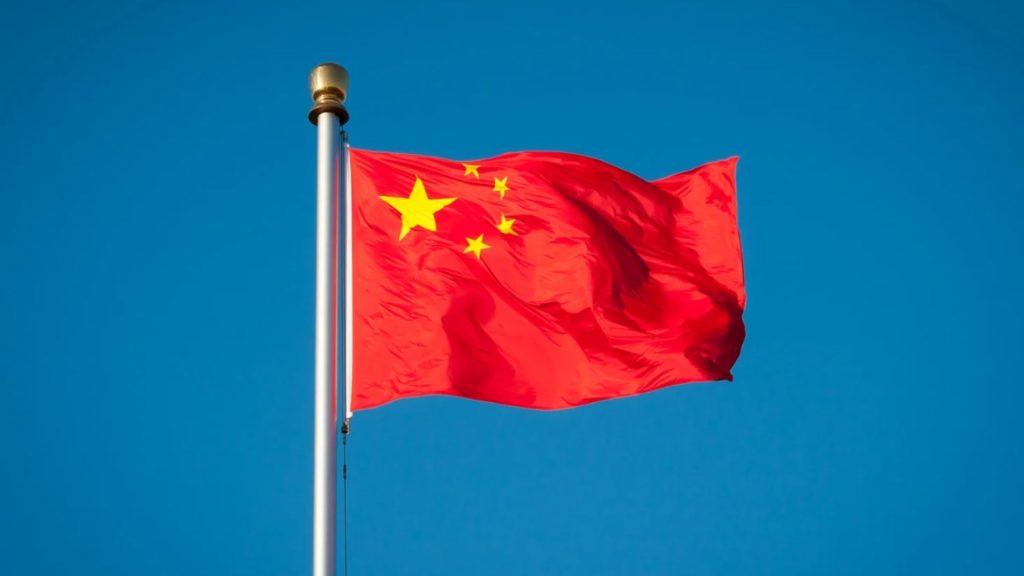
Xiao Chen*, a private equity professional in Shanghai, reflects on his career with disappointment. “Now I think about it, I definitely chose the wrong industry,” he admits. Once thriving in a high-paying role that earned him 750,000 yuan ($106,200; £81,200) in his first year, Xiao now sees his income halved, with pay freezes and lost bonuses marking a stark decline.
The glamour of finance has faded, transforming professionals like Xiao into what he describes as “finance rats,” a term used mockingly online. The shift in fortunes is emblematic of China’s broader economic landscape, which has soured under the leadership of Xi Jinping. Once a bastion of aspiration, the economy is now sluggish, as the government tightens its grip on personal wealth and addresses rising inequality.
The Chinese government’s crackdown extends beyond financial markets to encompass various sectors, including real estate and technology. This shift has come alongside a push for socialist values, emphasizing loyalty to the Communist Party over personal ambition. Even celebrities have been urged to downplay their wealth on social media.
Xiao’s lifestyle has taken a hit; he has opted for budget travel options in Southeast Asia instead of luxury European vacations. High-end brands like Burberry and Louis Vuitton are no longer on his radar. The silver lining for Xiao and his peers is that they are less likely to face legal repercussions, as many finance officials and banking leaders have been detained. Notably, Fan Yifei, the former vice-governor of the People’s Bank of China, was sentenced to death with a two-year reprieve for accepting bribes totaling over 386 million yuan ($54.6 million; £41.8 million).
In a sector under immense pressure, unreported pay cuts in banking and investment firms have become a hot topic on Chinese social media. Posts detailing shrinking salaries have garnered millions of views, and hashtags like “changing career from finance” and “quitting finance” have amassed significant attention on platforms like Xiaohongshu.
The narrative changed drastically after a July 2022 post by a Xiaohongshu user, who boasted about her husband’s monthly salary of 82,500 yuan at China International Capital Corporation. This revelation ignited outrage and comparisons between finance salaries and the average monthly wage in Shanghai, which is just over 12,000 yuan. The post reopened discussions about income disparities at a time when Xi Jinping had called for “common prosperity,” a policy aimed at narrowing the wealth gap.

In response, China’s finance ministry issued new rules mandating that firms optimize income distribution and redesign salary systems. This move further entrenched the finance sector as a focal point of the government’s anti-corruption campaign, which has criticized the notion of “finance elites” and a singular focus on wealth accumulation.
Alex*, a manager at a state-controlled bank in Beijing, notes that the directives for salary caps are often unwritten, creating a murky environment for compliance. “You wouldn’t see the order put into written words—if there is an official document, it’s certainly not accessible to us,” he explains. “But everyone knows there is a cap on salaries now; we just don’t know how much.”
The rapid pace of the crackdown has left employers struggling to keep up. “In many banks, the orders can change unexpectedly,” Alex adds. “They might set annual guidelines in February, only to realize by June that salaries have exceeded the limit, prompting them to find ways to cut pay.”
Xiao’s workload has also diminished, reflecting the broader downturn in the number of companies going public. With decreased foreign investment and domestic companies cautious due to crackdowns, his responsibilities have shifted from exciting projects to mundane data organization tasks. “The morale of the team has been very low. Discussions behind closed doors are mostly negative, with people pondering their futures,” he says.
While it’s difficult to quantify the mass exodus from the industry, reports of layoffs are increasing. However, job scarcity in China means that even a lower-paying finance position remains valuable. Frustrations are palpable, with one Xiaohongshu user likening job hunting to changing seats—”except if you stand up, you might find your seat is gone.”
Ultimately, Xiao believes the societal perception of finance workers has soured. “We are no longer desired, even for blind dates. Once people hear you work in finance, they tell you not to come,” he laments. The once-esteemed financial profession in China is now grappling with stigma and uncertainty, reflecting the wider economic and cultural shifts occurring in the country.







